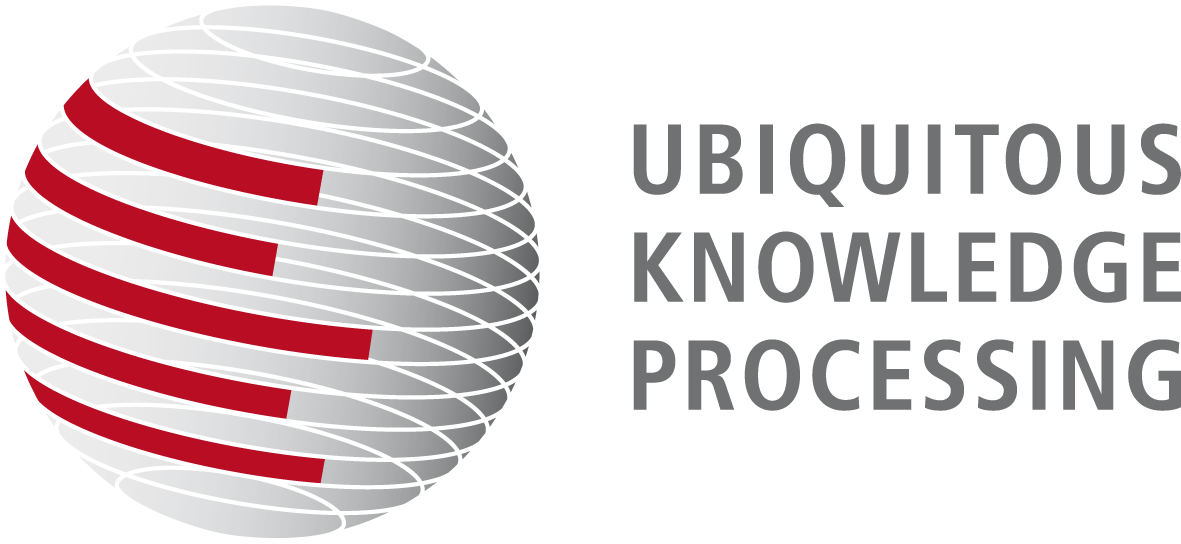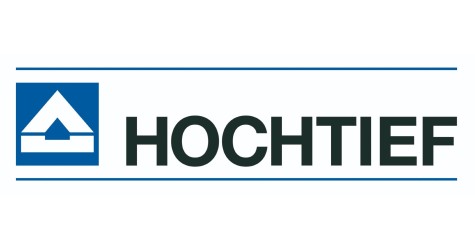UKP

Industry collaborations
The UKP Lab establishes collaborations with leading companies from various fields such as hardware, finance, telecommunications, retail, and construction.

Intel
Cooperation with the Intel ELM Center for Efficiency in Very Large AI Models on the project Increasing fine-tuning and inference efficiency by jointly learning to prune and adapt. We are focused on advancing the field of fine-tuning and inference efficiency. This collaboration with Intel aims at developing a more CPU-friendly adapter approach for efficient utilization on CPU platforms with the potential for more efficient and powerful models in various applications.
Huawei
We collaborate with HUAWEI Technologies (Ireland) Co, Limited on the project The Next Generation of Multilingual Language Models. This project will seek to investigate the extent to which modularity and sparsity can improve all aspects of a multilingual model's life cycle. This would range from improving training efficiency and performance as well as inference speed-ups and potentially modular additions/removals to an already deployed model's knowledge. We are pushing the boundaries of cross-lingual NLP and advancing the capabilities of language understanding and generation in various domains.
Amazon
The goal of the project is to build a “virtual research assistant” that can help end users in literature exploration and fill their knowledge gap when facing a new modeling problem through task-oriented dialogues grounded in scientific literature. Although the recent Large Language Models (LLM) are capable of executing numerous tasks, their generation and reasoning capabilities grounded in scientific documents are limited. The developed virtual research assistant can help the end users to solve a list of tasks through dialogue interactions, such as identifying relevant tasks, datasets, evaluation metrics, or solutions for a given problem.
HochTief
The UKP Lab collaborates with Hochtief (Nexplore) on artificial intelligence in construction. This project involves the creation of a legal chatbot for the purpose of onboarding new vendors. Due to the sensitive nature of the legal domain, the known challenge of language model hallucination and factuality will be addressed, such as by having the model self-identify situations when it is uncertain or likely to be wrong. Additionally, the project will address the issue of how to optimally chunk a long legal document such that performance on the downstream task is not compromised. Advancements will be made in the area of document-grounded conversational AI.
Bundesbank
We collaborate with German Federal Bank (Deutsche Bundesbank) on project Multimodal Fact-Checking for Validating Company Data. The statistics department of the Bundesbank offers high quality data on companies to analysts, researchers, and the public. To ensure adequate data quality and consistency, it is necessary to perform significant (manual) checks. Because they are very resource-intensive, they are expensive and difficult to perform for large volumes of data. We want to explore whether these manual checks can be substituted or assisted by leveraging new data sources, such as satellite images, combined with NLP techniques. Our overarching goal of this project is to push the state of the art in multimodal fact-checking to enable precise validation of the contextual information contained in the data provided by Bundesbank.










